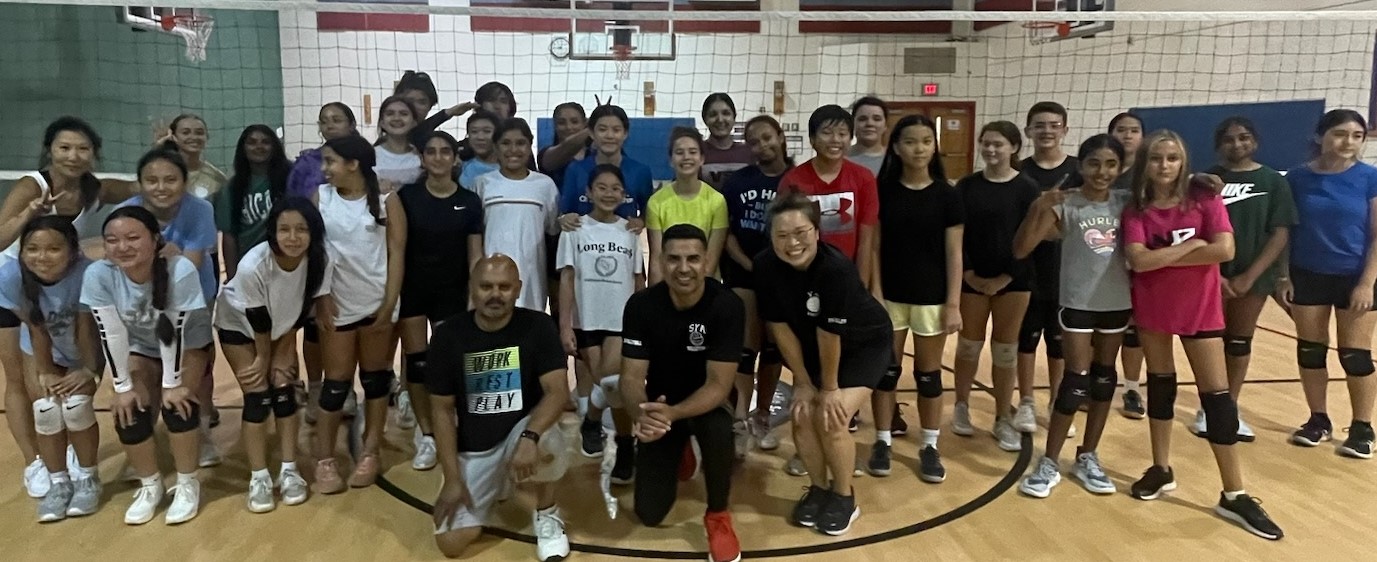| One Knee Throwing | Two catchers kneel 30 feet apart on their left knees. After throwing the ball back and forth for a few minutes, they move apart 10 more feet. Continue throwing and moving back until the throws equal the distance from home to second base. Emphasize proper shoulder and hip turn to gain strength. Drill can be done with catchers kneeling on both knees as well. |
Quick Hands/
Framing | Catcher 1 throws tennis balls, incrediballs, or softballs from 20 to 30 feet to catcher 2. The balls are thrown high, low, inside, and outside. The balls should be thrown close enough to the “plate” so that foot movement is not necessary. Catchers should practice framing the pitch. |
| Quick Feet | Catcher 1 throws tennis balls, incrediballs, or softballs from 20 to 30 feet to catcher 2. The balls are thrown inside and outside, high and in the dirt. Catcher 2 takes jab steps to the left and right attempting to get the middle of the body in front of the ball. If using softballs or incrediballs, catchers should be in full gear. |
| Quick Release | Catchers position themselves 60 to 70 feet apart. Catcher 1 squats with ball in glove, then simulates a catch and throwdown to 2B. Catcher 2 blocks the “plate” as she receives the ball and applies the tag as if a runner is trying to score at home plate. Catcher 2 then squats with ball in glove and simulates throwdown to 2B. Continue for 10 to 15 minutes. |
| No Hands Blocking | Two catchers in full equipment stand about 20 to 30 feet apart. Catcher 1 throws balls in the dirt to the left, right and in front of “home.” Catcher 2 practices blocking the wild pitches with shin guards and chest protector using proper technique and footwork only. |
| Fielding Bunts | Put catchers or other fielders at each base. Put six balls in front of home plate. First catcher pops up, fields “bunt” and throws to 1B, 2B, and 3B, in turn, returning to the defensive position after each throw. Repeat second set to each base and then rotate to next catcher. |
| Steal Attempts | Place two or more runners with helmets at 1B and 2B. Put two or more shortstops in position with second basemen as backups optional. Put a pitcher on the mound. On the release of the pitch, runner on 1B tries to steal 2B and catcher 1 tries to throw her out. Everyone returns to positions. On the next pitch, runner on 2B tries to steal 3B and catcher 1 tries to throw her out. Repeat several times and then rotate catchers and shortstops. |
| Tag Play at Home | Place one or more catchers at home and three to six outfielders spaced evenly around the outfield. Give each outfielder one ball. First outfielder rolls ball a few feet in front, picks it up and makes a strong throw to home with catcher 1 simulating a tag; outfielder should end up at the edge of the outfield grass after throw. Catcher then squats facing outfielder and rises to throw ball simulating a long throw to second base. After each outfielder has thrown one ball, catchers rotate. Drill can also be performed with infielders at their positions. |
| Pick Off Play | Put infielders and pitcher at their positions and 3 or 4 runners at 1B and 3B. Pitcher pitches ball to catcher; on release of pitch, runner on 1B takes aggressive lead while second baseman breaks hard to 1B. Catcher tries to pick off runner. Shortstop covers 2B; runner attempts to dive back to 1B or breaks to 2B and gets into a rundown. Repeat with runner on 3B with shortstop covering. First baseman and third baseman should play well in front of the bag so runners are enticed to take bigger leads. After 4 throws, rotate catchers. |
| Foul Ball Communication | Put catcher, pitcher, first baseman and third baseman at respective positions. Coach is positioned behind catcher. Coach throws a pop up behind catcher. Infielders call “up 1” if towards 1B, “up 3” if towards 3B, “up” if ball is straight over home, and “back” if ball is straight back. The coach can substitute other calls if desired. |
| Cut-Off Communication | Put infielders at their defensive positions. Put three to six outfielders with one ball each, evenly spaced 10 to 20 feet beyond the edge of the outfield grass. Pitcher (or first baseman) moves to cut-off position in front of outfielder 1 who throws ball on a line to home. Catcher yells “cut” and the base number to tell the cut-off to throw to a base (e.g., “cut 2”). Catcher says nothing if she wants the ball to come through. Continue until each outfielder has thrown three balls. Rotate catchers. |
| Catcher Flip to Home | Put catcher behind plate with six balls evenly spaced at backstop distance. On signal, catcher goes to first ball and flips it to the pitcher or first baseman covering home. Catcher returns to plate and runs down remaining balls in turn. Catcher should retrieve ball with bare hand and flip it in one motion along the ground so the player covering home can apply the tag smoothly. Emphasize pitcher/first baseman’s positioning as much as catcher’s technique. |
| 1st and 3rd Situation #1 | Place runners with helmets at 1B and 3B. On pitch release, runner steals 2B. Second baseman moves to a position halfway between 2B and pitcher’s rubber. Shortstop covers 2B; third baseman covers 3B. Catcher looks at 3B and throws there or to 2B if runner stays close to 3B. Second baseman watches runner on 3B; if she moves off base enough to get out, second baseman cuts and throws to 3B. Second baseman cuts off-line throws. She fakes catch and throw to 3B if she allows ball to go through. |
| 1st and 3rd Situation #2 | Place runners with helmets at 1B and 3B. On pitch, runner steals 2B. Second baseman should move to cut-off position and shortstop covers 2B; third baseman covers 3B. Catcher looks at 3B and throws there or to pitcher if runner stays close to 3B. Pitcher looks at runner on 3B; if she moves back to 3B, pitcher turns to look at runner going to 2B and throws for the out if there is a play. Key is for catcher to make aggressive throw to pitcher to tempt runner on 3B to break to home. If pitcher turns toward 2B, but makes no attempt at play and runner on 3B steps off the base, she is, by rule, out. |









